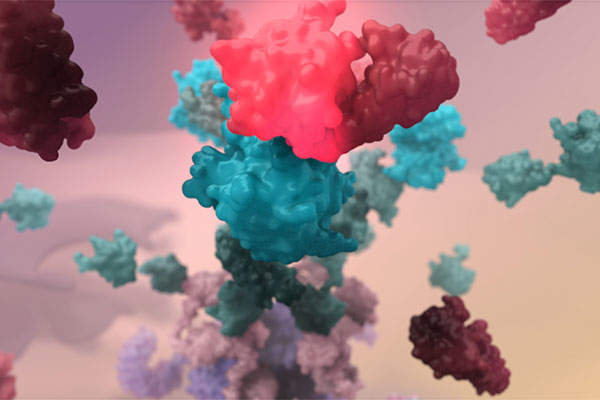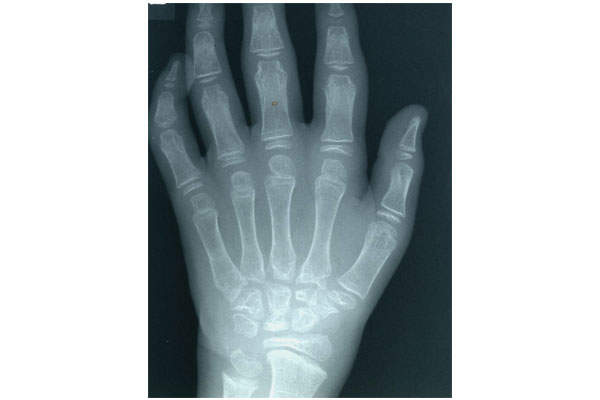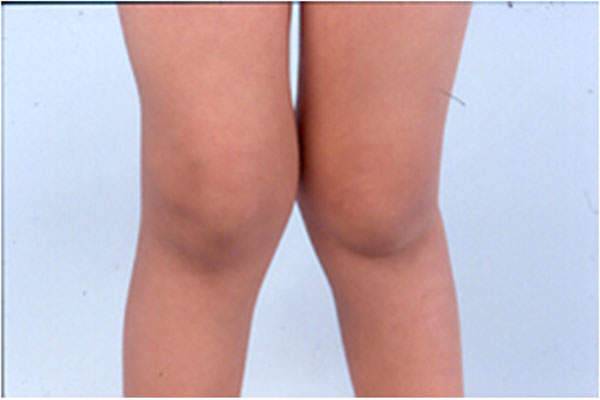Ilaris (canakinumab) is a subcutaneous injection indicated for the treatment of systemic juvenile idiopathic arthritis (SJIA). The drug was discovered and developed by Novartis.
Novartis received approval for Ilaris from the US Food and Drug Administration (FDA) for the treatment of SJIA in patients aged two years and above in May 2013.
Systemic juvenile idiopathic arthritis (SJIA)
Systemic juvenile idiopathic arthritis (SJIA) is a subset of juvenile idiopathic arthritis (JIA). SJIA is characterised by fever, rash and arthritis. The disease can affect children as young as two years old, and can continue into adulthood. There are limited treatment options despite the disease being potentially life-threatening.
SJIA affects between five and 15 children in every 100,000 in the US.
Ilaris’ mechanism of action
Ilaris contains a human monoclonal antibody that restrains IL-1 beta gene, which is excessively produced in patients suffering from various inflammatory diseases. The drug neutralises IL-1 beta for a sustained period of time, and reduces inflammation. The drug can be administered in the form of a subcutaneous injection.
Clinical trials of Ilaris (canakinumab)
The FDA approval for Ilaris was based on two Phase III clinical studies.
The first Phase III clinical trial was a randomised, double blind, placebo-controlled study. It enrolled 84 subjects with active SJIA, who were aged between two and 19 years. The study was conducted for four weeks, and patients were administered with either a 4mg/kg single subcutaneous dose of Ilaris or placebo.
The primary endpoint of the study was the resolution of fever from baseline at Day 15, and the percentage of patients achieving the adapted paediatric American College of Rheumatology (ACR) 30 response criteria.
The results of the Phase III study demonstrated that the patients who were treated with Ilaris witnessed a minimum 30% improvement in systemic and arthritic symptoms versus baseline. About 84% of the Ilaris-administered patients achieved ACR 30, when compared to 10% of the placebo patients achieving ACR30, at Day 15.
The second Phase III clinical trial was a two-part study, the first of which had an open-label, single arm active treatment.
The part one of the study enrolled 177 patients with active SJIA, who were aged between two and 19 years. Some of the patients in the study had participated in the first Phase III trial. The patients in the second Phase III trial were administered with a subcutaneous Ilaris dose of 4mg/kg every four weeks. The primary endpoint of part one was to assess whether treatment with Ilaris allowed successful tapering of corticosteroids in at least 25% of SJIA patients.
In the second part of the study, patients were randomised to receive either Ilaris or placebo for every four weeks. The primary endpoint of the second part was to demonstrate that the time to flare was longer with Ilaris than with placebo.
The results of the second part of the study showed that the patients treated with Ilaris witnessed a 64% relative reduction in the risk of flare when compared to the placebo-administered group.
Ilaris is currently being investigated for many other rare autoinflammatory conditions, including Tumor Necrosis Factor Receptor-Associated Periodic Syndrome (TRAPS), Hyper IgD Syndrome (HIDS) and Tumor Necrosis Factor Receptor-Associated Periodic Syndrome (TRAPS).
Marketing Ilaris in the US and abroad
Related project
Abatacept (Orencia) – Treatment for Rheumatoid Arthritis (RA)
Abatacept (Orencia) was developed by Bristol-Myers-Squibb for the treatment of rheumatoid arthritis (RA).
Novartis received approval for Ilaris in Europe for the treatment of refractory gouty arthritis in March 2013. It also received approval for the treatment of Cryopyrin-Associated Periodic Syndromes (CAPS) in more than 60 countries including Switzerland, Japan, US and Europe.
Ilaris generated about $24m sales in the US in the first quarter of 2013. The sales of the drug are expected to be enhanced significantly with the FDA approval for SJIA.





